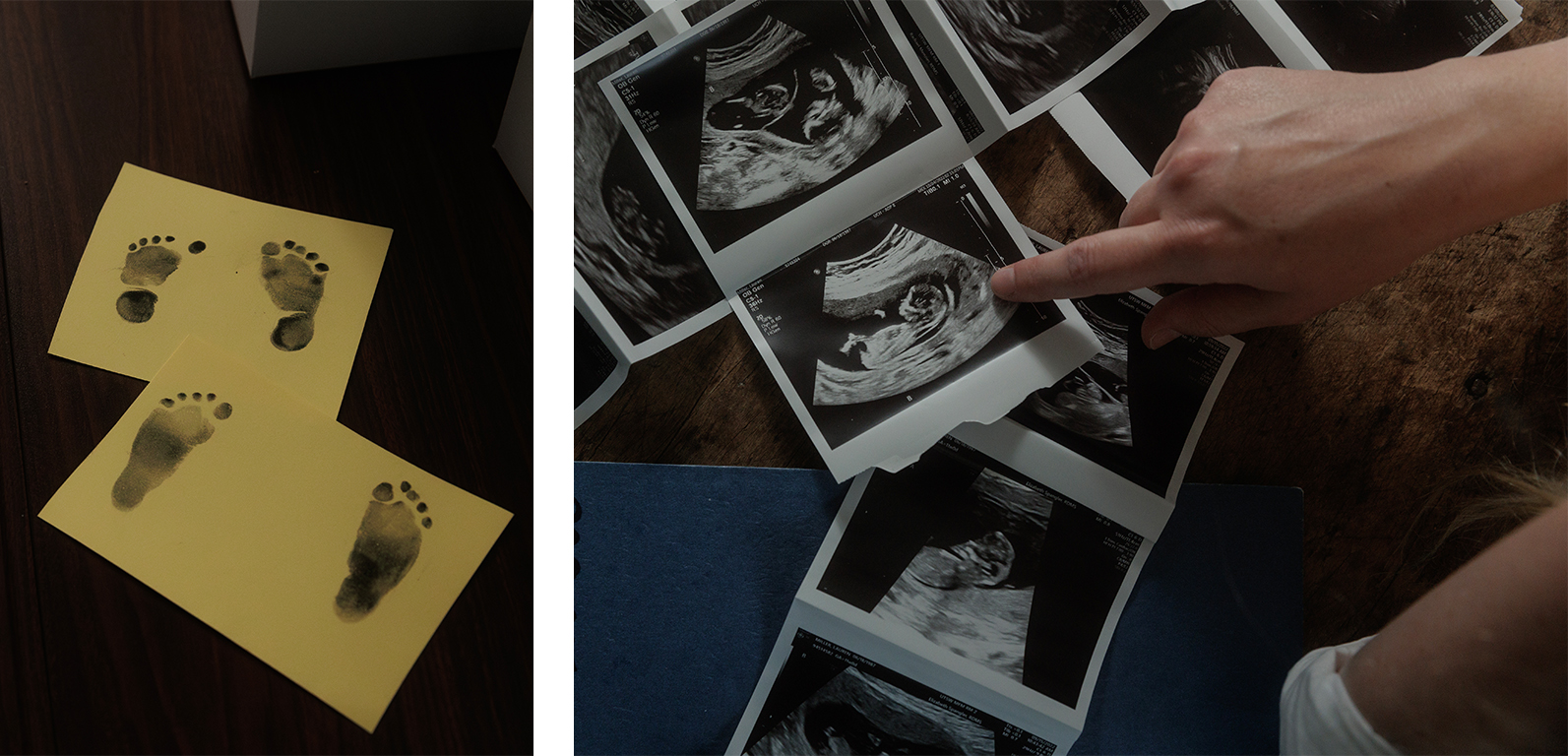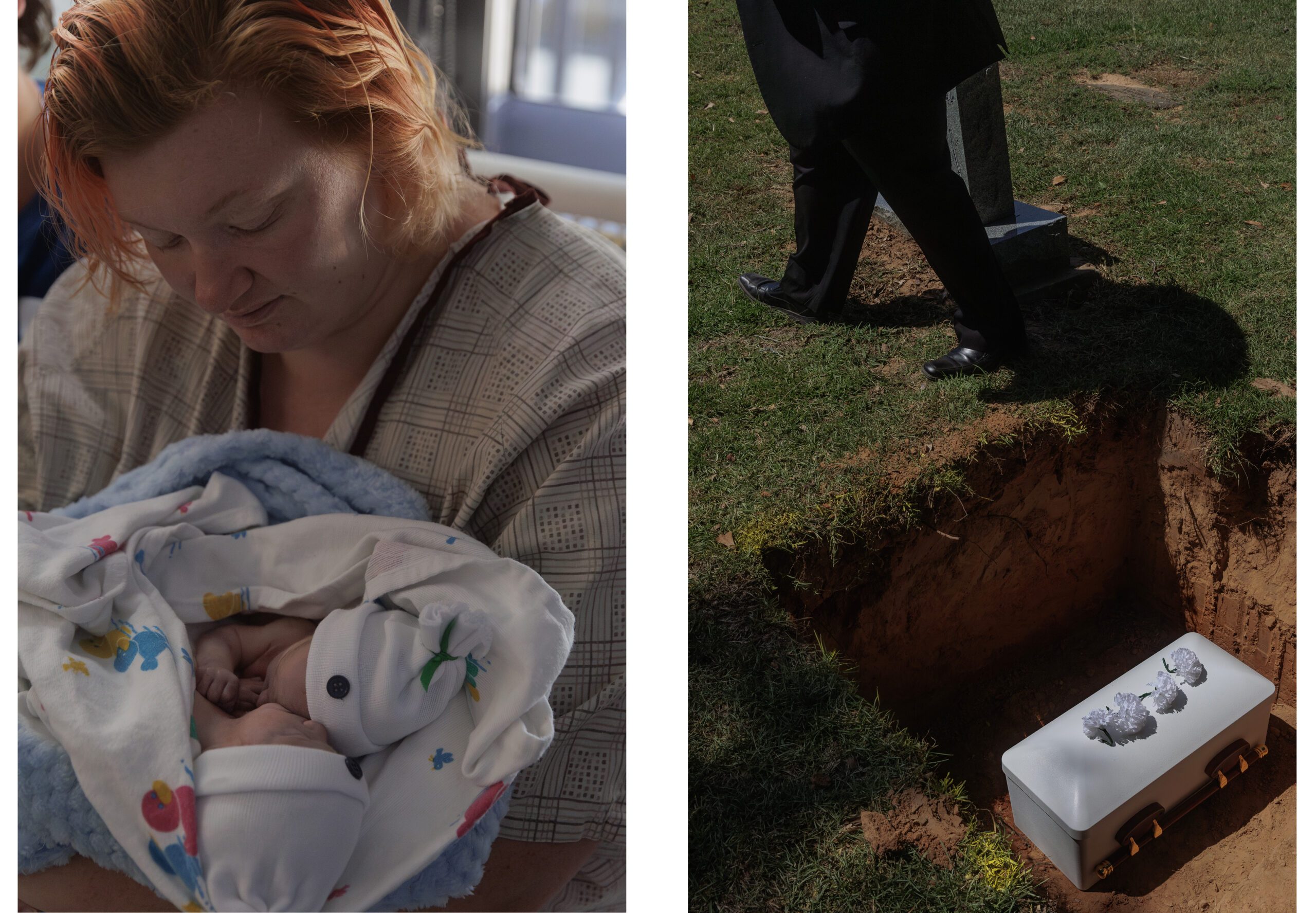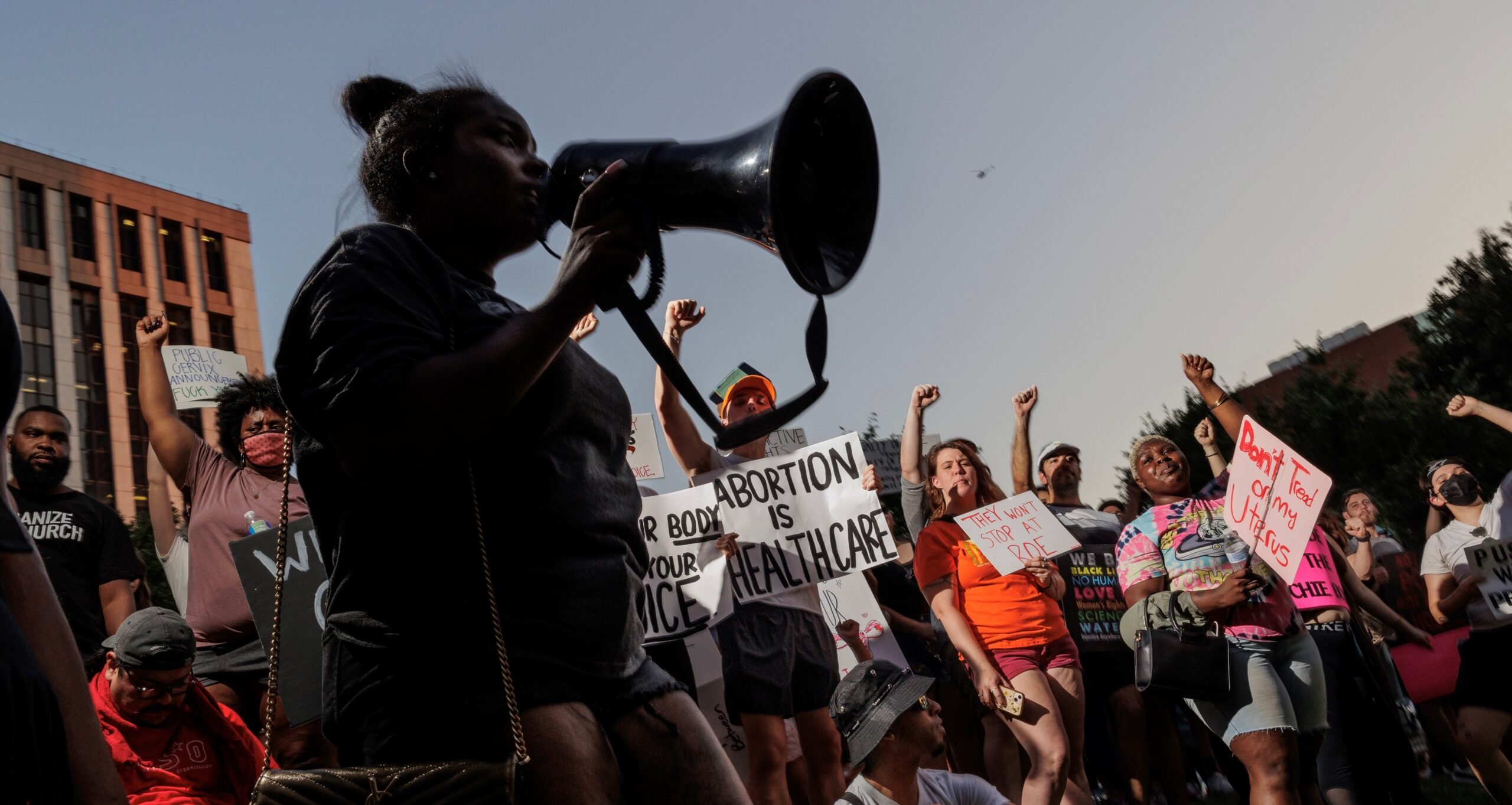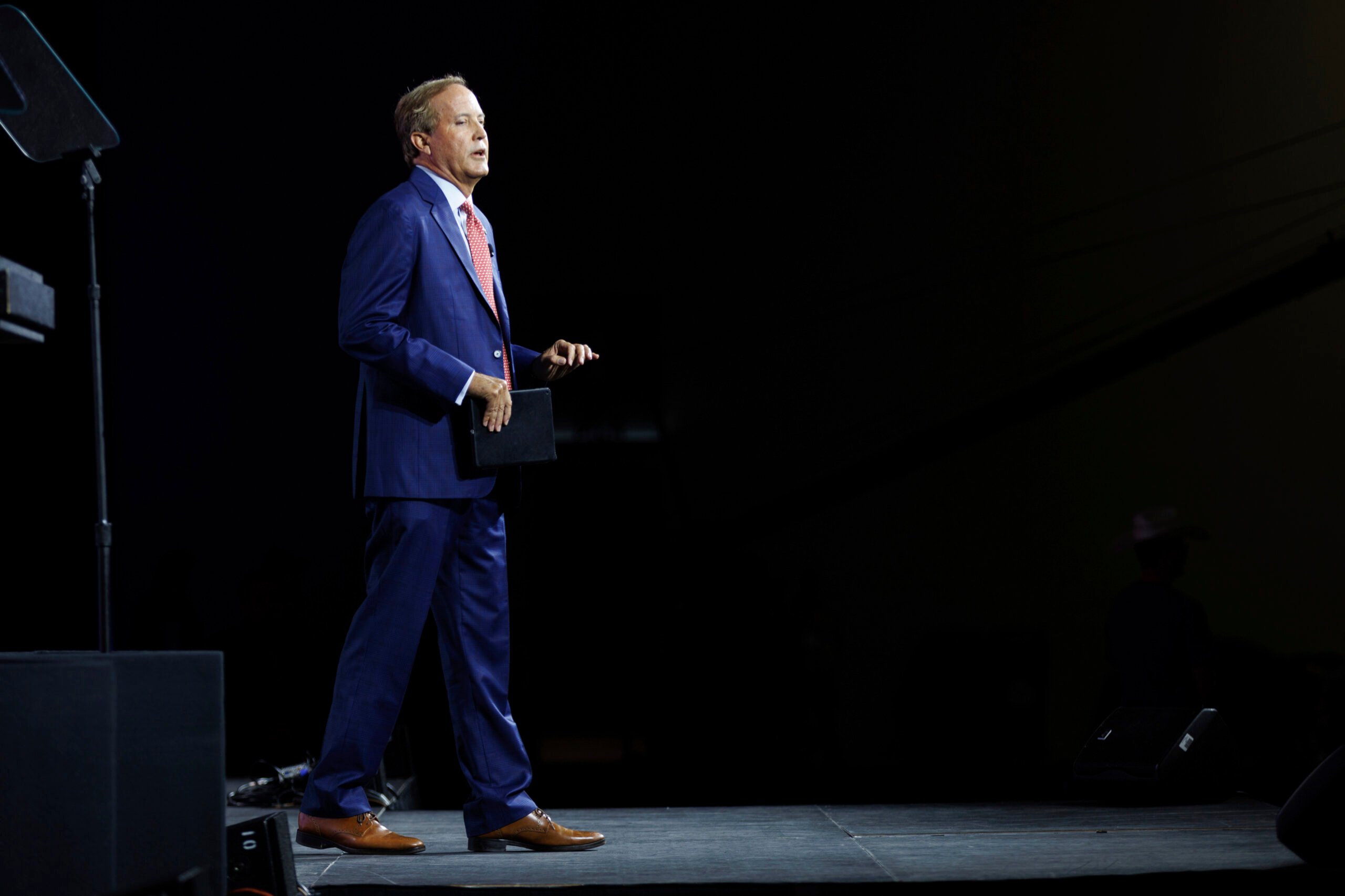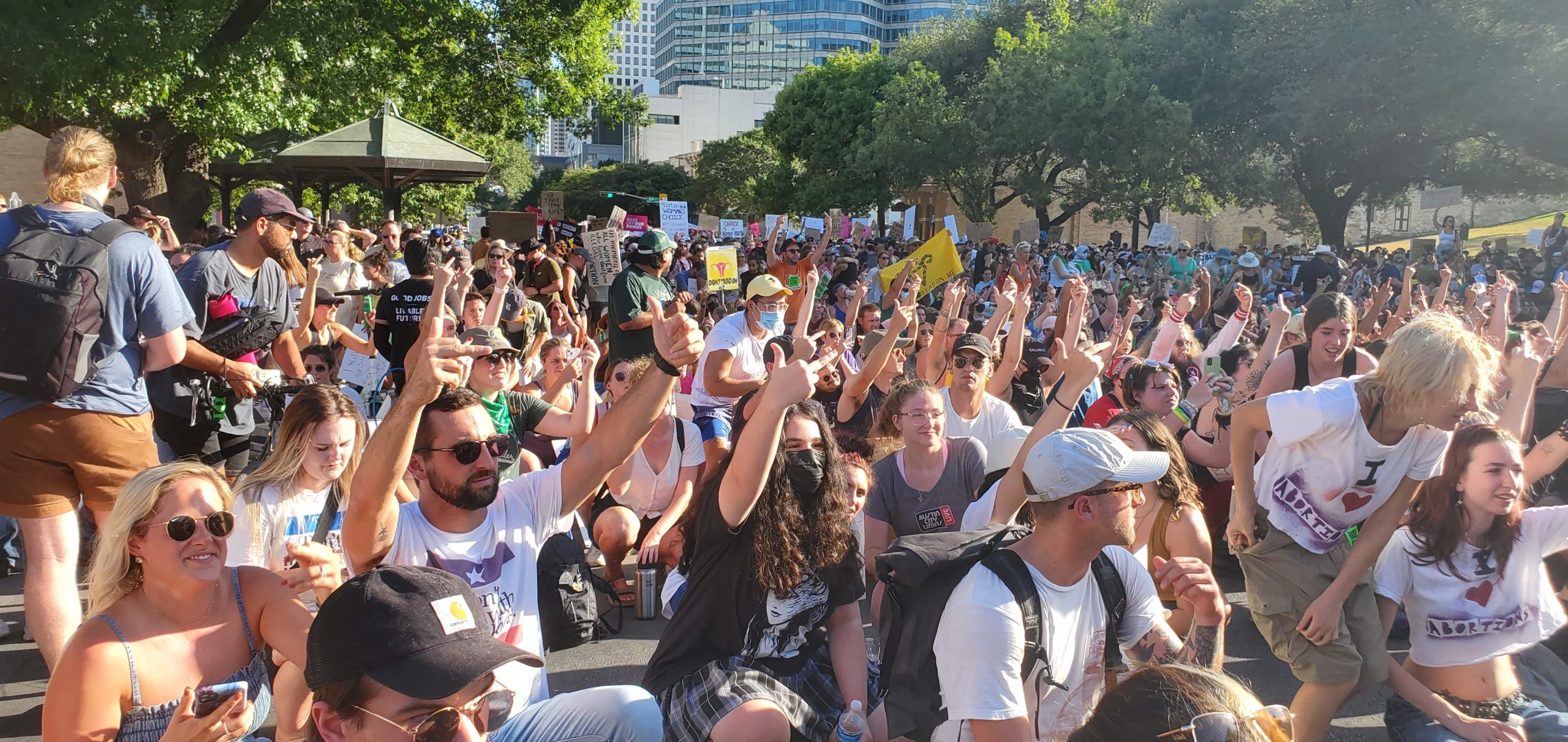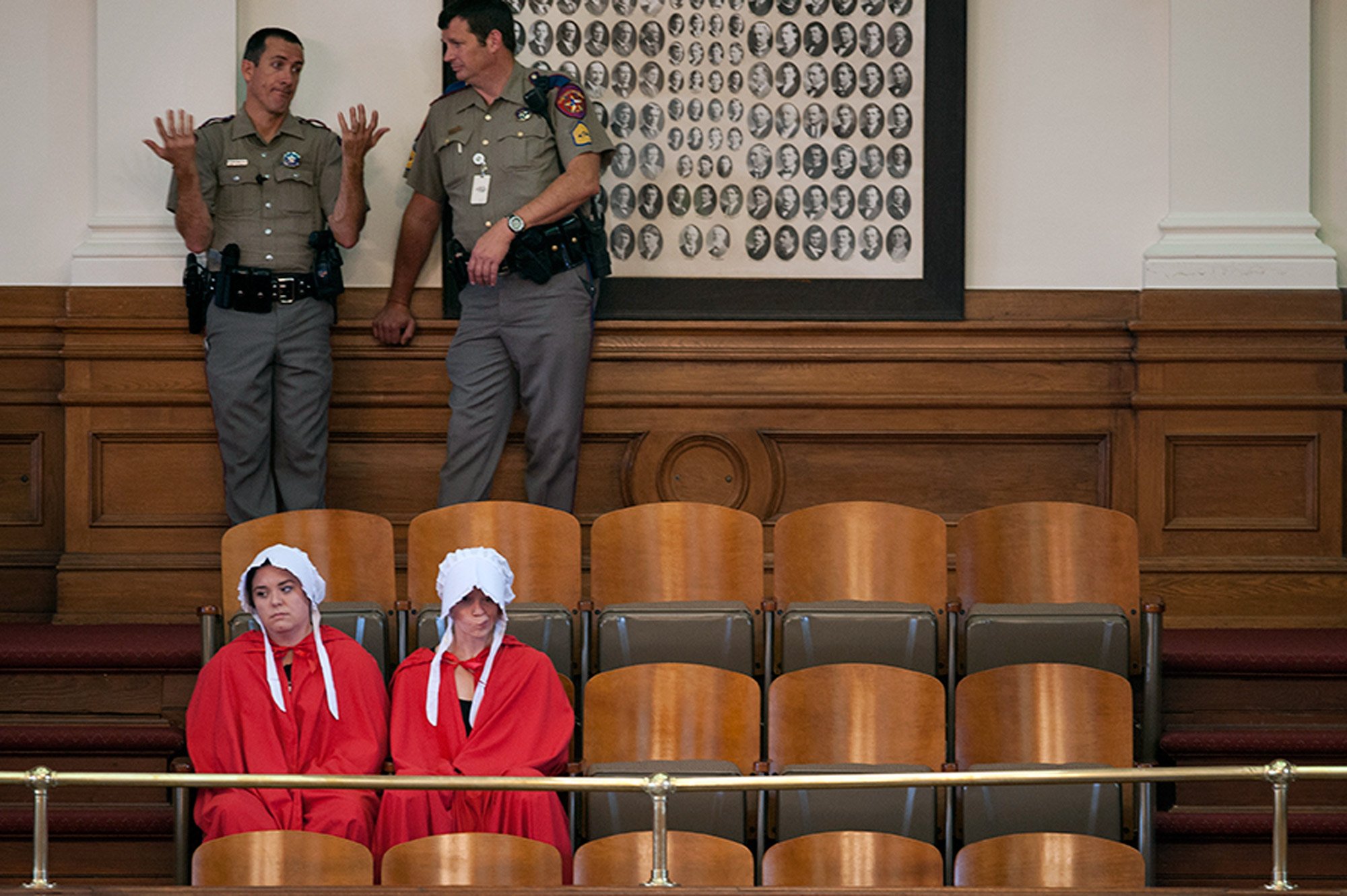On the morning of June 24, 2022, the federal courthouse in downtown Dallas was reinforced with boards and fences. Protests were anticipated to follow the news that the Supreme Court had overturned Roe v. Wade. For Texans like me, that would mean already-tight restrictions would turn into a near total ban on abortion. Though it wasn’t a surprise, I still felt shocked when the ruling became reality. Thousands marched on the streets that day and for weeks after.
In the years following, I’ve met and photographed fellow Texans who were denied abortions despite lethal fetal anomalies that endangered their lives, health, and future fertility. Some were among the 20 women who sued the state in Zurawski v. Texas last year, asking for clarification on the scope of the current ban’s “medical emergency” exception. Another woman, Kate Cox, was pregnant as she sued the state in an attempt to obtain an emergency abortion. She was denied. Another, Miranda Michel, was pregnant with twins with a 0 percent chance of viability. She was left to carry them to term; they died in her arms four hours later.
As of late May, the Texas Supreme Court had shut down the Zurawksi legal challenge, rejecting a lower court’s clarification of the law’s medical exceptions. Doctors are left with ambiguities and fear of major consequences, including up to 99 years in prison. People with pregnancy complications are left with fewer options, less professional health care guidance, and more questions. They can choose to leave the state (if they’re able) or carry a pregnancy that won’t yield a healthy, living baby—with a risk to their own lives as well. That is never a simple decision to make.
All these women I met and photographed wanted to be mothers. Helios, Perseus, Chloe, Amelia, and Thomas were among the names they chose to keep their lost babies alive in their hearts. These women are among the millions in Texas who now have substantially less authority over their bodies. Our bodies.


